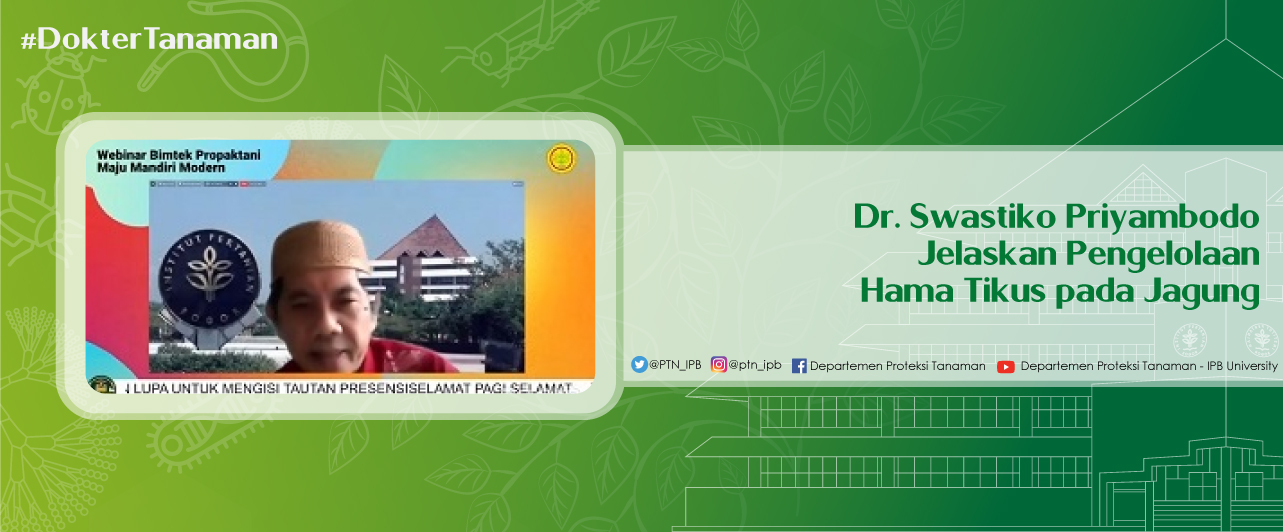
Dr. Swastiko Priyambodo Explains Rat Pest Management in Maize
Dr Swastiko Priyambodo, a rat expert from IPB University, gave steps to control rat pests in maize. He said, only nine types of rats are pests in Indonesia.
“Paddy rats are important pests that attack maize after the rice harvest. While tree rats generally attack palm oil tree found in sub-agricultural settlements. Especially in rice fields and plantations bordering settlements,” said Dr Swastiko.
To control rats, the IPB University lecturer said, farmers and the government need to understand the advantages and disadvantages of rats in order to be able to regulate this pest control strategy. He gave an example, it is necessary to do pre-baiting on acute poisons with the application of zinc phosphite to food crops. Meanwhile, for chronic poisons, there is no need for pre-baiting.
“The weakness of rats is neo phobia or fear of new things. So it is necessary to use bait as a deterrent, poison deterrent, and trap deterrent," added Dr Swastiko Priyambodo, a lecturer at IPB University from the Department of Plant Protection.
He also said that the biological knowledge of rat is also worth knowing. He explained, field rats are generally sexually mature in just two months. Not only that, rats also have post partum estrus or two days after giving birth, they can be in heat. This is not obtained by other mammals so that the reproductive potential of mice is very abundant and can give birth throughout the year.
“In rat management strategies, it is important to understand the biology and behavior of rats because these species are the most viable. This is needed for monitoring the early warning system," he explained in a Webinar and Bimtek Propaktani held by the Directorate General of Food Crops, Ministry of Agriculture, RI, (07/12).
On this occasion, Dr Swastiko also explained that the resistance of rats to rodenticides is also getting higher. This is because the intensity of the use of poison in settlements is very high.
The IPB University lecturer said, there are several ways that can be done in the management of rats. These methods include environmental sanitation. This environmental sanitation can be done in some areas where there are rat nests. Farmers should try to make the rats in the nest feel uncomfortable.
Other rat management is by means of technical culture such as crop rotation. However, in some species it is difficult to do crop rotation. Like maize plants can still be attacked again by rat pests. The jajar legowo system for rice is relatively successful but for maize it is still questionable.
“Internet of things applications can also be developed. This application is able to detect traps that successfully catch mice based on mouse movements. However costs must be taken into account. The traps created can be repelling, protective, deadly," he said.
As for the management of rats by biological means, they can take advantage of predators such as owls. However, the population of predators in the rice fields tends to decrease because they are disturbed by humans to be killed or traded.
“Meanwhile, chemical rat management must be wiser in its use. The method of fumigation after rice harvest is considered quite effective. The use of attractants and repellents can be applied but there are still obstacles in the extraction process. The application of chemosterilization to spay mice is also continuously being developed,” concluded Dr Swastiko. (MW) (IAAS/PEH) – IPB News
#DokterTanamanIPB # WebinarPropaktani #HamaTikusJagung #PTNkeren #IPBuniversity



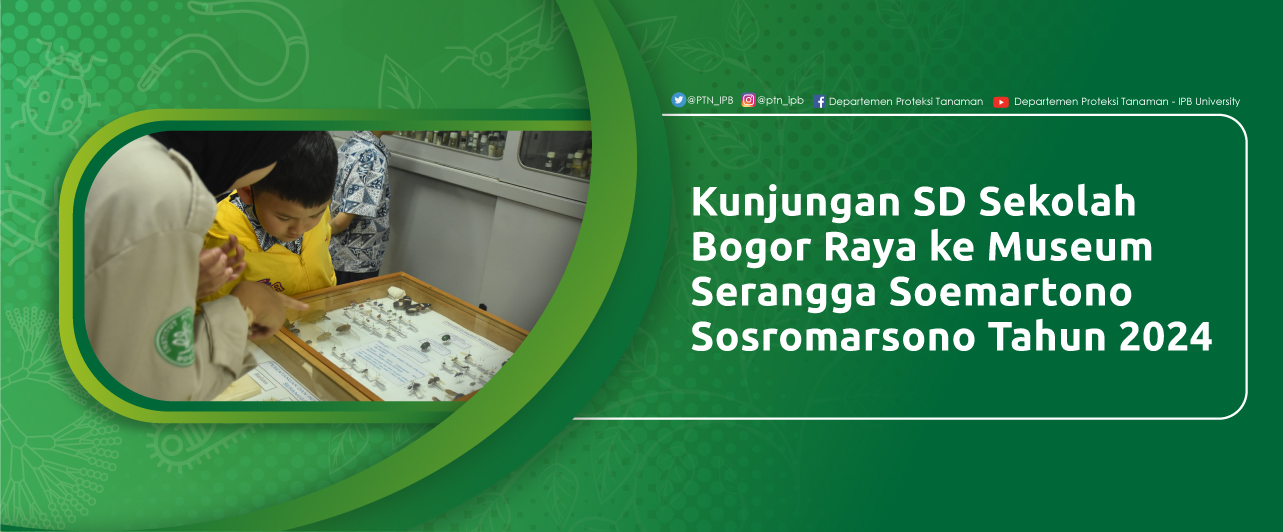
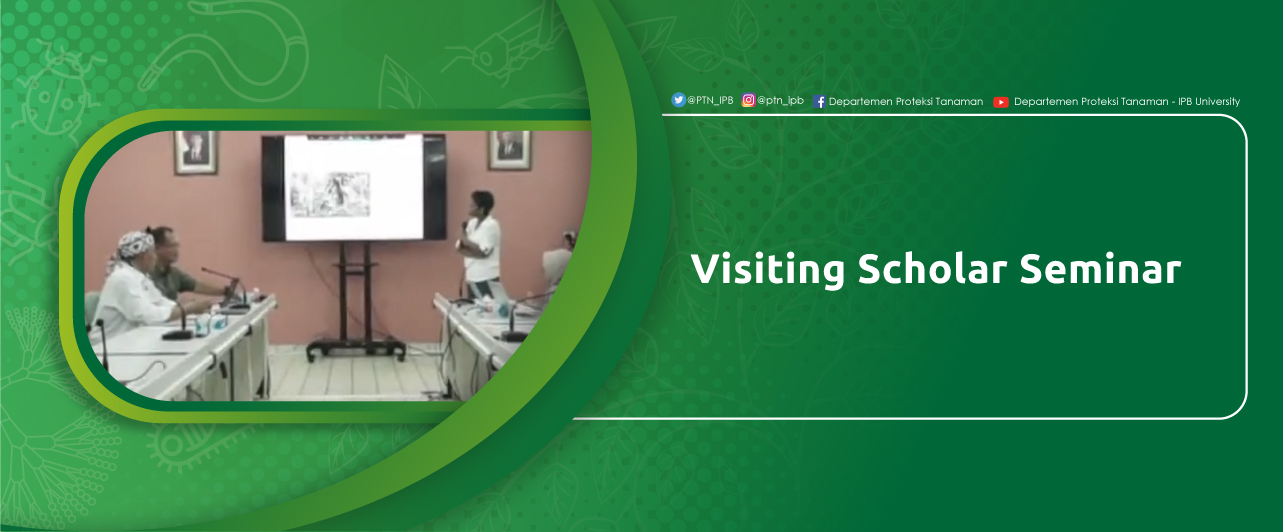

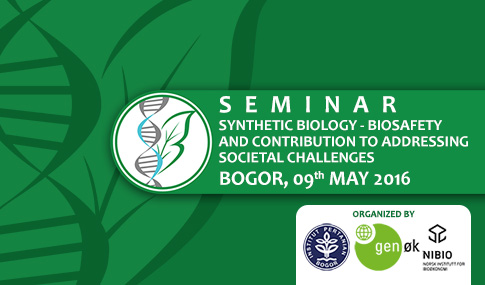
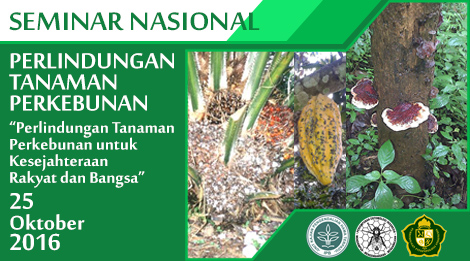

.jpg)